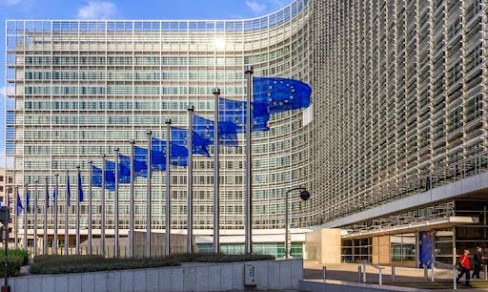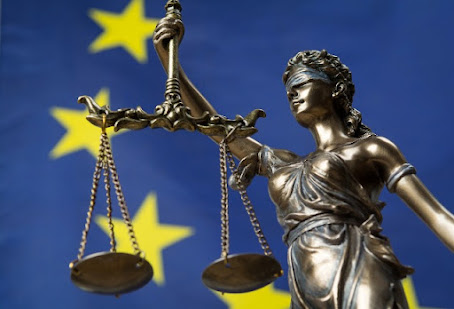Combatting aggressive tax planning: the obligation for a lawyer to inform other intermediaries involved is not necessary and infringes the right to respect for communications with his or her client

According to the Judgment of the European Court of Justice in Case C-694/20 (Orde van Vlaamse Balies and Others) regarding the combat against tax avoidance, the obligation for a lawyer to inform other intermediaries involved is not necessary and infringes the right to respect for communications with his or her client . All the other intermediaries involved in such planning, and the taxpayer him- or herself, are subject to that reporting obligation, which makes it possible to ensure that the tax authorities are informed. An EU Directive [1] provides that all intermediaries involved in potentially aggressive cross-border tax-planning (arrangements which could lead to tax avoidance and evasion) are required to report them to the competent tax authorities. That obligation concerns all those who participate in the design, marketing, organisation or management of the implementation of that planning. All those who provide assistance or advice in relation to that planning, or in the abse













